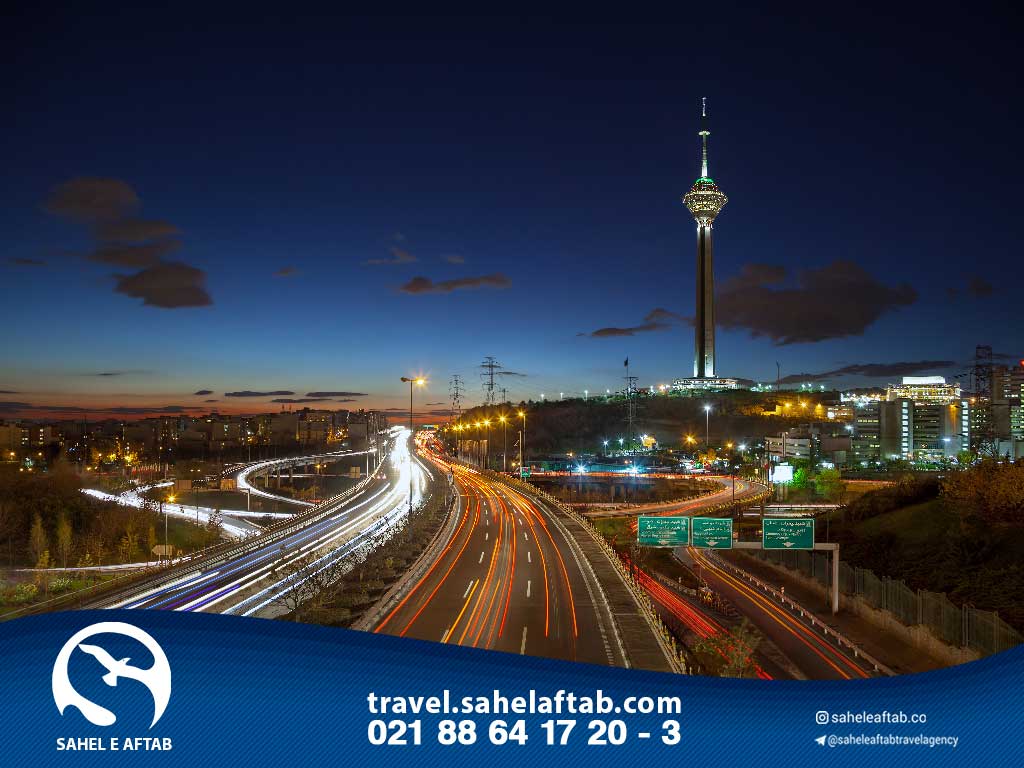 The most populous city and capital of Iran is the capital of Tehran province and the city of Tehran. With 8,693,706
The most populous city and capital of Iran is the capital of Tehran province and the city of Tehran. With 8,693,706
people, it is the 24th largest populated city in the world and the most populous city in western Asia. Tehran’s metropolis is also the third largest metropolis in the Middle East.
In most years, winter provides half of the total annual precipitation in Tehran, and summer is also the shortest season in Tehran.
Tehran is a city with a diversity of ethnic groups, but its external population is low. As the largest Persian city of the world, the majority of Tehran’s people are Persians
The history of life in Tehran dates back to the Neolithic era, and the archaeological excavations in Tehran led to the discovery of 7,000-year-old human bones and stone tools
From an administrative point of view, Tehran has been divided into 22 districts and 122 districts, and includes Tajrish and Rey cities.
Becoming Tehran from a typical city to a modern capital began from the Pahlavi era
During the Pahlavi era, state affairs in the capital were concentrated, and the number of government employees in the city increased rapidly; during this time, Tehran, besides two political and commercial duties, accepted the administrative duty
Tehran has a semi-dry climate. The north of the city is cooler than other parts of the city due to its higher altitude.
Due to the capitalization and concentration of political and economic foundations in Tehran, Tehran became more familiar with other modern Iranian cities with modernist manifestations and, consequently, modern architecture. This acquaintance began during the Qajar era, especially the period of Nasir al-Din Shah, but in practice, during the Pahlavi era, the aspects of modern life transformed the city’s face.
Tehran is a city with a diversity of ethnic groups, but its external population is very small.
